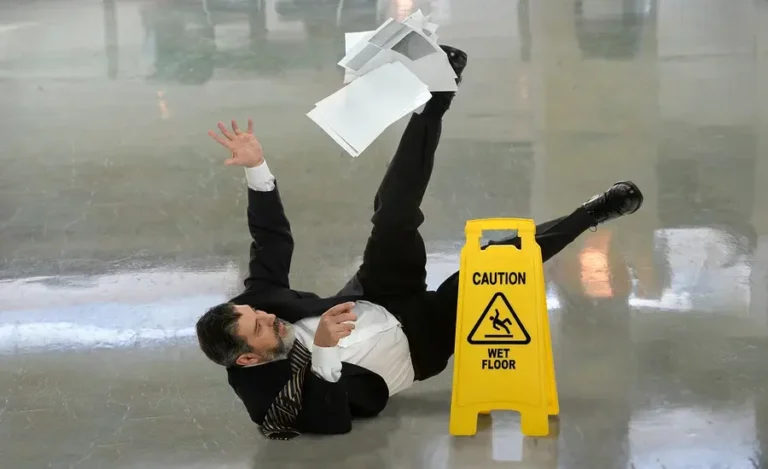Defenses Against White Collar Crimes
If you are under investigation or sued for a white-collar crime, you must consult an attorney without wasting even a second. Even if you are not arrested or innocent, you must contact your lawyer immediately. Delaying legal guidance can only make the situation worse. It will be as if you have served yourself on a plate to your opposing party. Several factors are involved in white-collar crimes, including financial documents, bank statements, and transaction receipts. You will only succeed if you are aware of the laws and rules at the federal and state levels that apply to your situation. If the prosecution goes for a conviction, you could face heavy penalties that are punishable under the law, such as sky-high fines or federal prison. The situation differs from any other lawsuit; it’s much more severe and can impact your professional and personal life. Furthermore, having a criminal record can misinterpret your future opportunities and mess up your life forever.
If you are stuck in a fraud, insider trading, or embezzlement lawsuit, i.e. white-collar crime lawsuit, you must reach out to an expert attorney who knows and has a high probability of winning such cases. To read more about how a lawyer can make a difference, click here.
Most Common Defenses Against White Collar Crimes:
Every case is different; however, certain defenses can become handy while defending your white-collar lawsuit.
- Prosecution Argument: When it comes to fraud or money embezzlement, a huge amount of paperwork and documentation is required to claim what the prosecutor is trying to portray. An experienced lawyer is familiar with the tricks and tactics involved and can identify and exploit simple errors in their arguments.
- Lack of Intent: A person might not have the wrong intention or personal or economic gain as the motto while committing the crime. The prosecution must prove false intent, meaning the defendant intended to commit the crime. Otherwise, the charges may be dropped.
- Lack of Knowledge: If other business entities or individuals were involved, there might be a chance that the defendant did not know about the unlawful activity that was taking place. To prove lack of knowledge, the defendant must show that they were unaware of or did not realize they were engaging in or leading a crime that may have legal consequences.
- Plaintiff and Victims Both Are Guilty: If both parties—the defendant and the prosecutor filing a civil suit—are guilty, based on acquired evidence, then the plaintiff would not be able to achieve any restitution, and ultimately all charges will be dropped.
- Entrapment: This occurs when a powerful party, such as the police, government authorities, undercover law enforcement, or business money lenders, forces or pushes the victim to get involved in a white-collar crime. These crimes operate within a set model and system where more than one person is typically involved, but the claim may only reach the visible representative. In that case, your attorney can gather evidence and use reliable resources to get you out.
- Coercion: In this case, the defendant gets forced by any means possible to reveal secured data, forge documents, or get involved in any criminal offense they did not intend to commit.
Most white-collar criminals work in the service industry, such as healthcare, government, and finance. They are considered more prestigious as they have higher education and salaries. Nonetheless, white-collar crime lawsuits are tough and complex, so having an attorney is crucial. One may lose life savings, acquired assets, a home, cars, and liabilities. A lawyer ensures that the victim doesn’t get swayed or burdened by the weight of false lawsuits.






